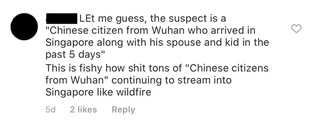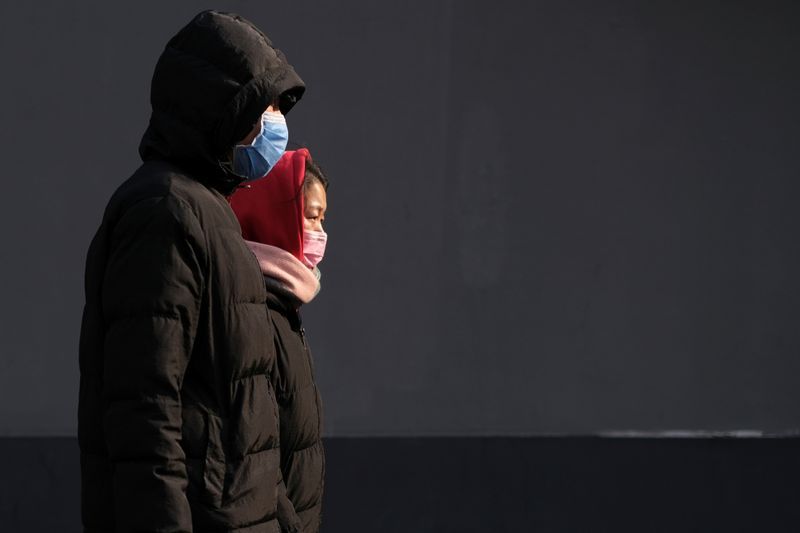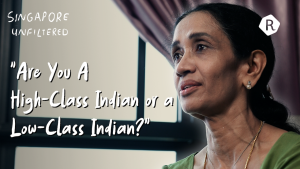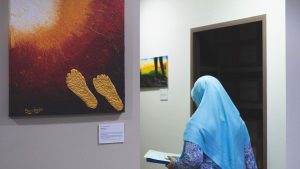Racism is a term that has been used in what some may believe to be a frivolous manner, and in Singapore, a multi-cultural city, it is easy to brush racism off as a condition reserved for the West. We have Friends From All Races, we say. We are Citizens of the World, after all. How could we be racist?
With the way we have been treating this virus, however, our own prejudices have been splayed out in full force, and in a manner as insidious as it is innocuous.
The novel Coronavirus (2019-nCoV) first reared its head in Singapore in early January. Memes appeared, as expected, and the first few to emerge were funny. They weren’t malicious; they simply played on the fact that the virus had timed its arrival alongside Chinese New Year. They pitted the tropes of traditional CNY activities (having reunion dinners, receiving/giving ang paos, playing mahjong) alongside the kiasuism of Singaporeans, to make a statement about our community’s hyperawareness of the virus’s now ever-looming presence.
Ultimately, they were still funny.
Then, more memes turned up, and those weren’t so funny. They started being less about us as a nation and more about China as a nation. More specifically, they perpetuated the stereotype that was being propagated in both national and international newspapers: that the “Wuhan virus” is a product of the tendencies of the Chinese to feast on animals of all kinds.
In fact, it got so out of hand that an article by South China Morning Post has featured the racism behind our jokes.


On top of that, an Instagram filter which professed to predict the likeliness of one developing the “Wuhan Virus” soon appeared (it has since been taken down), as did a Telegram bot that chucked the term about like a game of tag.
In short, these social media posts about the virus have ceased to be funny, and have started to be a blatantly telling display of our prejudices.
Watching all of this unfold from the UK (where the sentiments of most have remained relatively politically-correct thus far), what is being played out in local social media presents a completely different image of the Singapore that, just a month ago, stood in solidarity with Australia as their bushfires raged on. It presents a group of people that cannot empathise with a similarly grieving community: the people of Wuhan.
In fact, what has happened is a trivialisation of their pain, a casting of blame, and a careless shrugging of the shoulders that spell “they deserved it” better than letters themselves.


The name “Wuhan Virus”, apart from its singular positive quality of being pragmatically informative, serves to continually foreground and isolate Wuhan as the site of the virus. Considering that the knee-jerk reaction of the press has been to blame the people of Wuhan for causing the virus with their eating habits, this term, in itself, continues to perpetuate an essentially racist stereotype.
Moreover, as we have the tendency to view countries as an extension of their people, the people of Wuhan have thus become intrinsically linked to the virus. And it goes without saying that the people of Wuhan are also representative of the people of China. “The Wuhan Virus” is, essentially, a term that facilitates the innocuous indoctrination of a prejudiced perspective.
Coupled with actual government measures that are inherently divisive—as of Jan 28, there has been an indefinite suspension of the granting of visas to anyone with a PRC passport issued in Hubei, as well as a suspension of previously issued visas—it, once again, feeds into the rhetoric that all Chinese people can be seen as one homogenous, diseased mass.
However, we as a nation are not known for shows of overt racism. We are generally inclusive, I would agree, and we are definitely not a people devoid of empathy. But we do have our prejudices, as do humans all over the world, and prejudices can only change when people are made aware of them. It is our prejudice against China that has permitted this behaviour to become viral on Singapore’s social media scene, a prejudice that is growing stronger with each passing meme and joke.

We stop sharing such memes, stop viewing racist discourse as a permissible mode of humor. In doing so, we stop seeing the people of Wuhan as perpetrators of the heinous crime of releasing this virus to the rest of the world; we see them as fellow human beings, locked up in their own city, fearing for their own health and for their city’s future.






